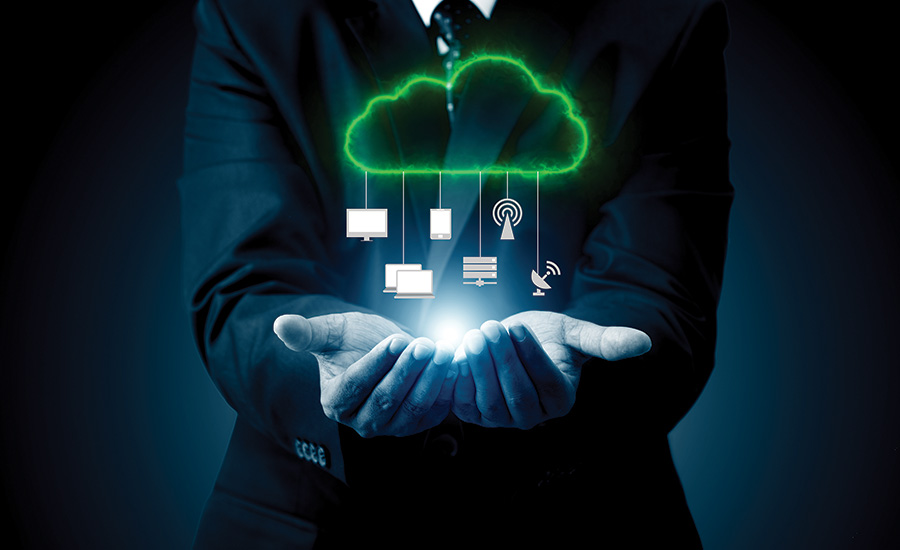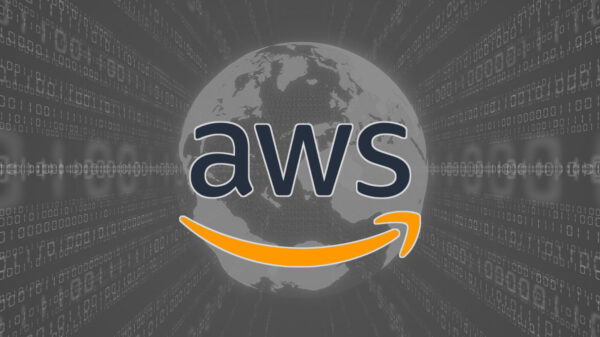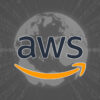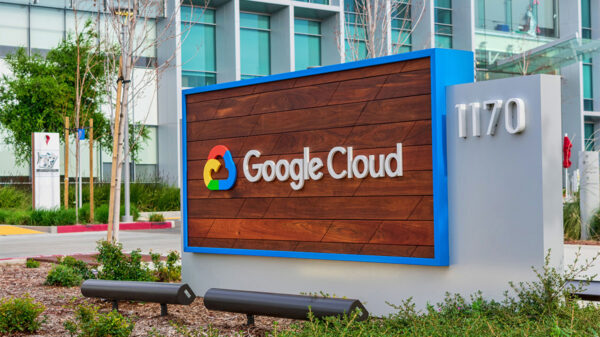Sumo Logic released findings from its fifth annual report. ”The Continuous Intelligence Report: The State of Modern Applications, DevSecOps and the Impact of COVID-19” provides an inside look into the state of the modern application technology stack, including changing trends in cloud and application adoption and usage by customers, and the impact of COVID-19 as an accelerant for digital transformation efforts.
“This year was unlike any other that we have witnessed with a significant shift in organizations’ technology priorities, in part as a result of the COVID-19 pandemic,” said Bruno Kurtic, founding VP of strategy and solutions at Sumo Logic. “This continued acceleration to digital further fueled key trends including multi-cloud adoption, an expanding threat landscape, and the need for improved collaboration across DevSecOps, as companies quickly made changes to adapt to new business demands. The need for continuous intelligence is even more critical as digital businesses require real-time analytics in order to deliver high performance, highly scalable, always-on digital services to speed decision making and drive the best customer experiences.”
”The Continuous Intelligence Report: The State of Modern applications, DevSecOps and the Impact of COVID-19” now it its 5th year, provides data-driven insights, best practices and trends by analyzing technology adoption among more than 2,100 Sumo Logic customers who run massive mission-critical modern applications on cloud platforms like AWS, Azure, and Google Cloud Platform as well as hybrid cloud infrastructure. Key findings from the report include:
Multi-cloud adoption accelerates during COVID-19 pandemic
Amidst the COVID-19 pandemic, the adoption of modern cloud services has surged. As businesses faced upheaval, many have turned to these platforms to support new and changing ways of doing business.
- Multi-cloud adoption grew by 70% year over year, outpacing previous 12 months that saw 50% growth.
- Enterprises are increasingly turning to modern cloud platforms such as Amazon Web Services (AWS), Microsoft Azure, and Google Cloud Platform (GCP), to deliver high quality and secure applications to their customers.
Modern cloud architectures become a reality
As more enterprises become dependent on the cloud, they’re shifting to a more “modern architecture.” This transition focuses on an application stack that consists of new tiers, technologies, and microservices.
- The typical AWS application has as many as 26 services (up from 15 last year) and is deployed across two or more regions and two or more accounts.
- Over 40 percent of Sumo Logic’s AWS customers are using container orchestration.
- Kubernetes is fast becoming the default app platform, with over 85% of businesses choosing Kubernetes to build and operate applications across multiple clouds.
- Additionally, serverless architecture is continuing to grow, and AWS Lambda adoption is now at 37 percent.
Security landscape dramatically shifts during COVID-19 pandemic
The security threat landscape has changed since the start of the COVID-19 pandemic, requiring a more rigorous and adaptive security processes and solutions. Securing cloud workloads requires adoption of both cloud-native security technologies and consuming available cloud data sources.
- AWS customers adopted CloudTrail (60 percent), VPC Flow Logs (34 percent), and GuardDuty (22 percent) to meet this need. Additionally, the patterns of attack have changed throughout the course of the pandemic. The largest jump in attack origin came from Russia and India.
- Based on Sumo Logic’s Global Intelligence for AWS, AWS regional centers in the U.S. and E.U. are top targets for attackers.
The WFH era reinforces the need for DevSecOps to break the silos
The continued expectations for DevOps to improve the release and updates of apps and services has challenged siloed teams – given their remote working situations. It’s important that distributed development teams leverage analytics and insights to optimize the entire end-to-end software development and delivery process and improve the continuous intelligence of their organizations.
As the modern application stack continues to be reshaped by multi-cloud, open source technologies, and factors from extenuating circumstances like COVID-19, companies need a strategy to address this growing complexity. The answer lies in continuous intelligence, a new category of software that leverages real-time analytics and insights from a single, cloud-native platform across multiple use cases to speed decision-making, and drive world-class customer experiences.
Source: https://www.securitymagazine.com/articles/94012-multi-cloud-adoption-grew-by-70-year-over-year









































